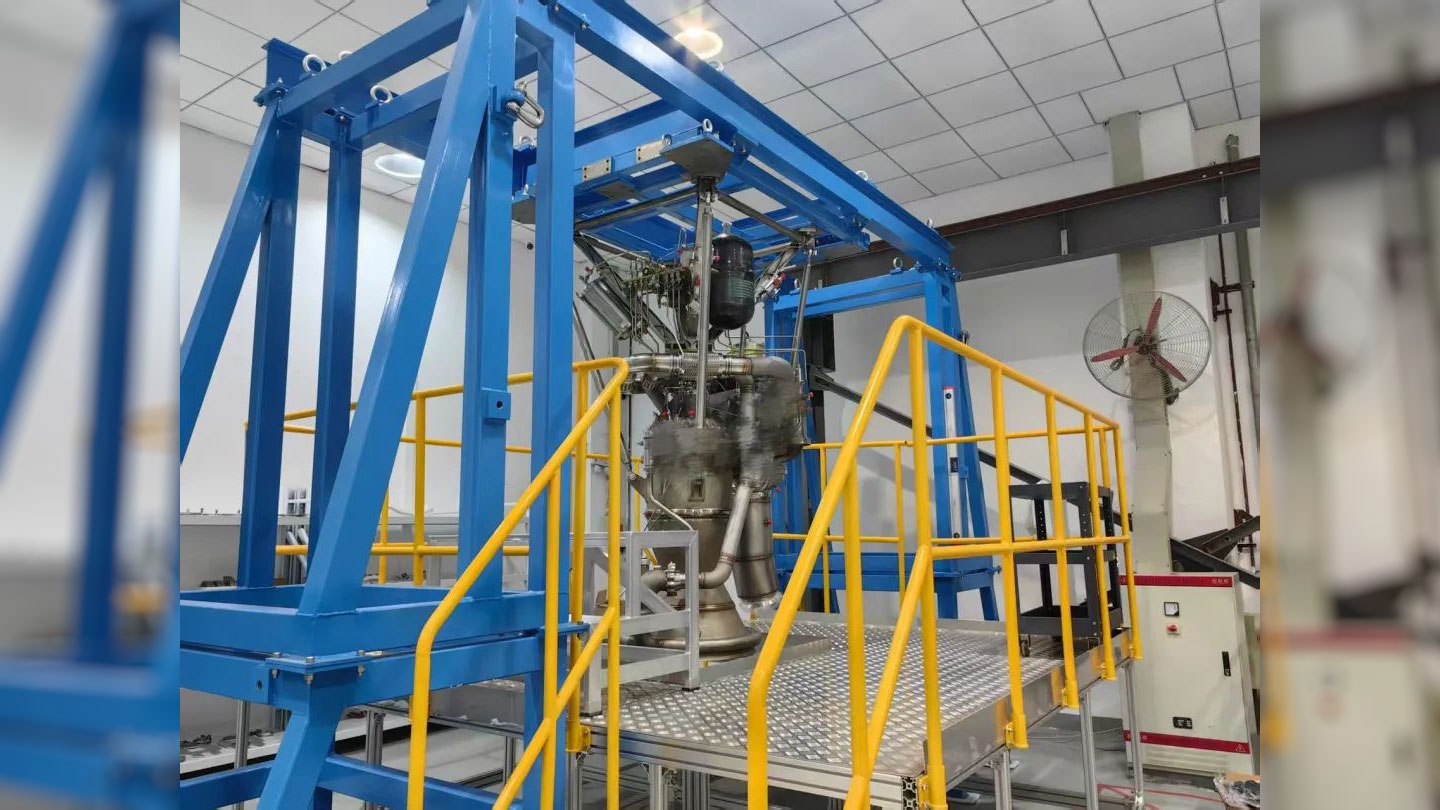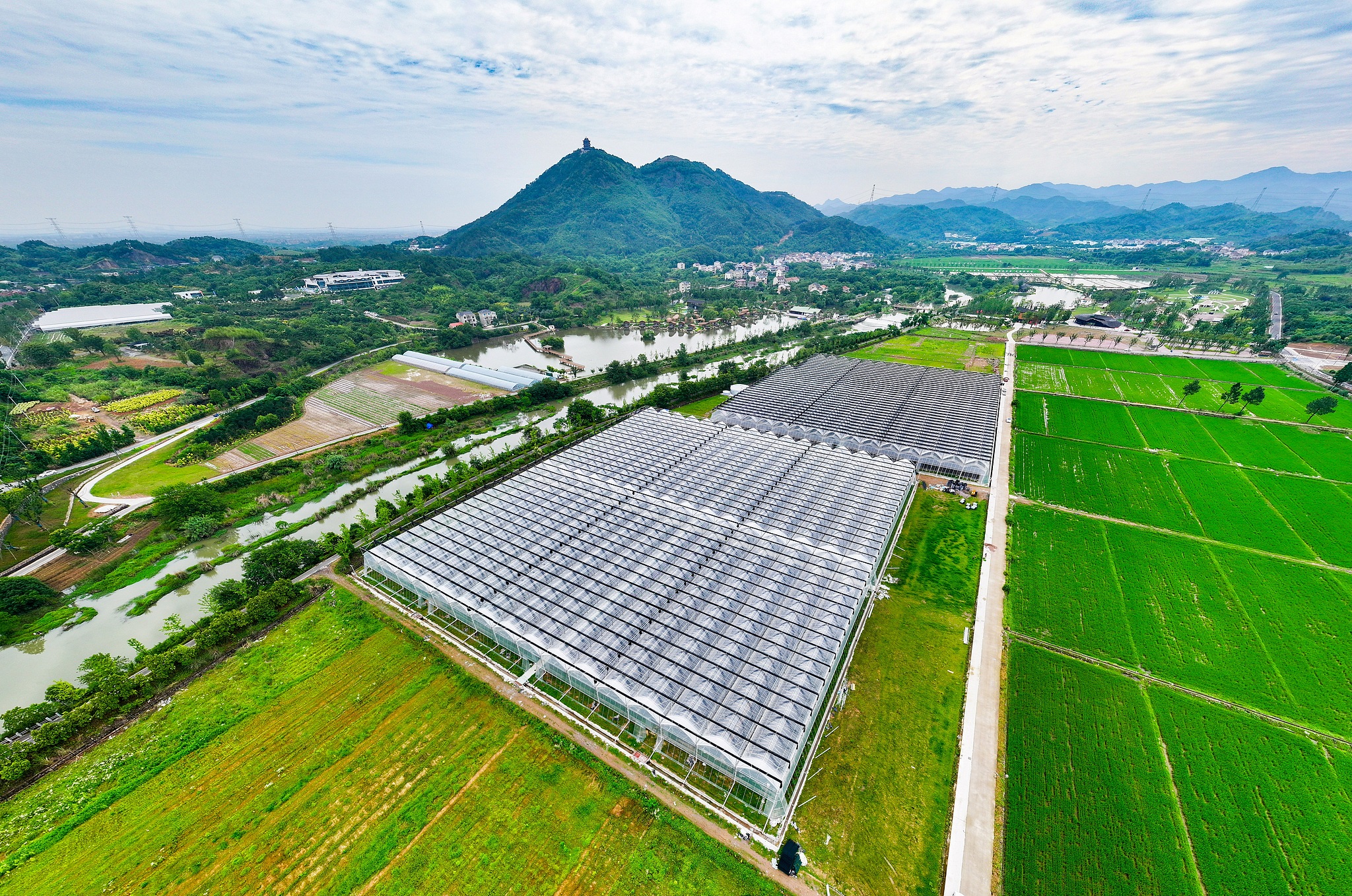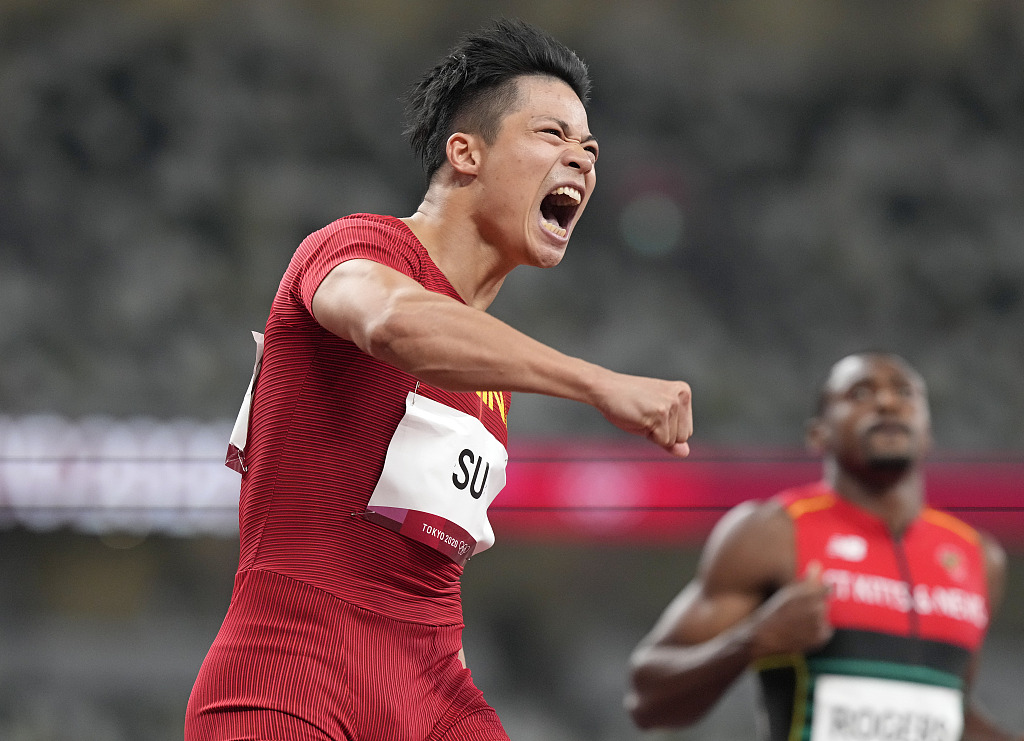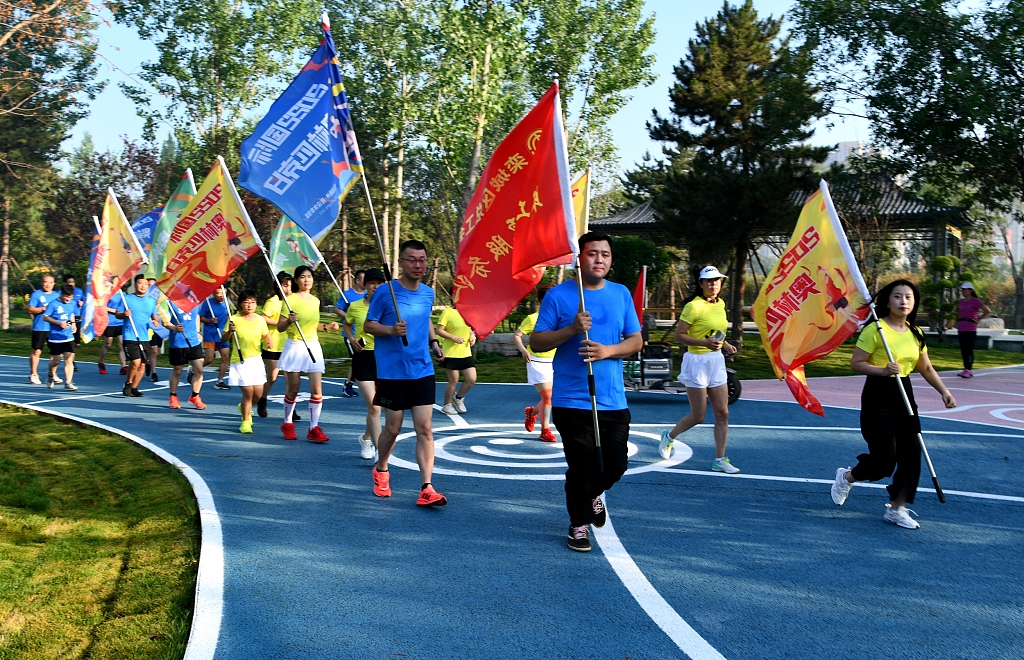China's AI collaboration: Boosting tech
At the AI Action Summit in Paris, global leaders stressed the need for international cooperation to harness AI for sustainable development.
China has emerged as a key partner, sharing its AI expertise to help developing nations bridge the digital divide and drive economic growth.
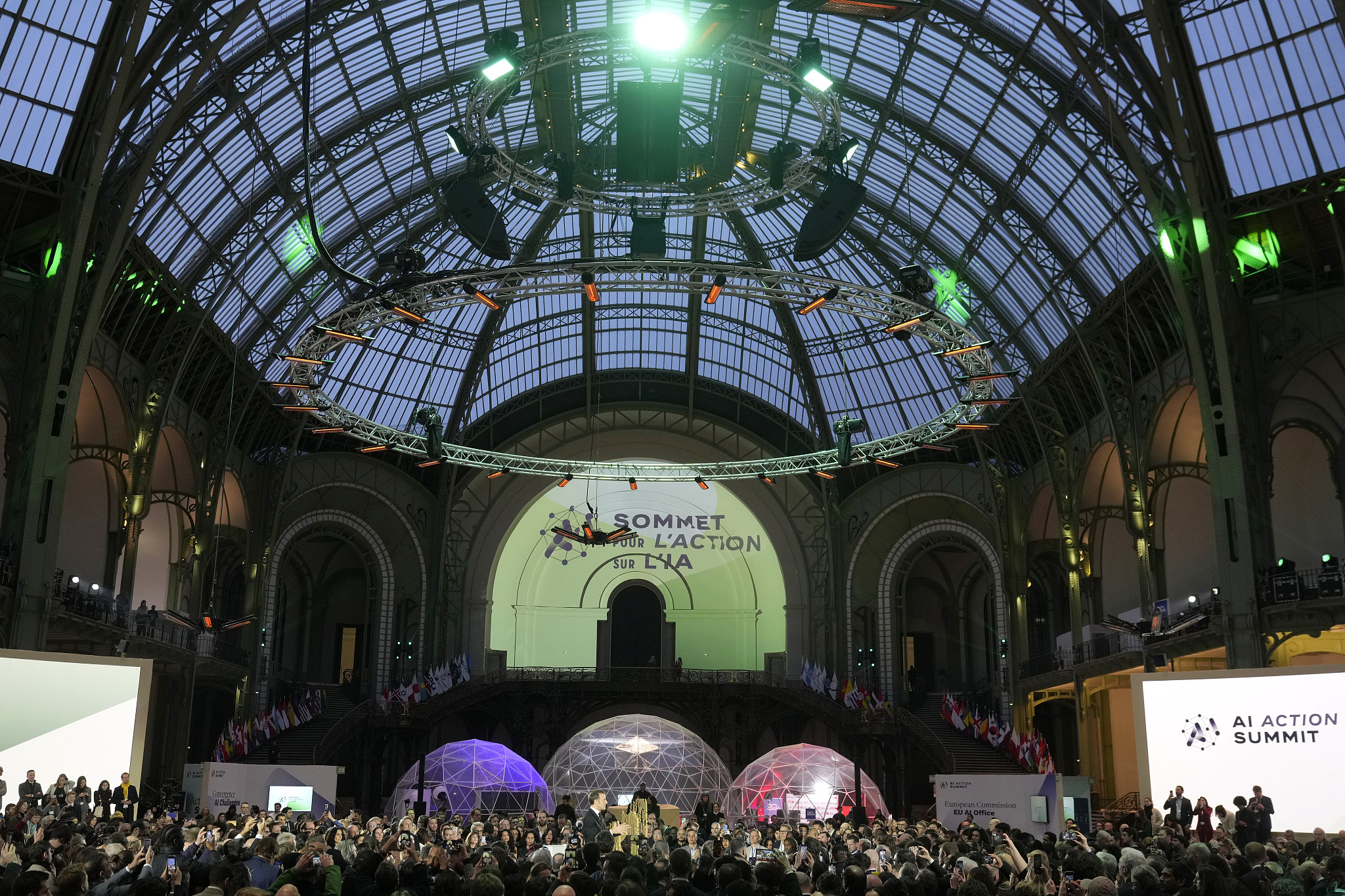
French President Emmanuel Macron speaks during the Artificial Intelligence Action Summit at the Grand Palais in Paris, February 10. 2025. /VCG
Under the Belt and Road Initiative, China has introduced AI-driven solutions in manufacturing, transportation and agriculture.
In countries like Pakistan and Kenya, Chinese firms have implemented smart farming techniques, such as automated irrigation and pest detection, to boost crop yields and tackle food security challenges.
Meanwhile, AI-powered logistics systems are enhancing supply chain efficiency in Southeast Asia by reducing costs and improving operations.
In the energy sector, Chinese companies are helping developing nations optimize energy management. In Thailand, partnerships with local energy providers have led to AI-driven smart grids and renewable energy integration.
Predictive analytics ensure stable electricity distribution while reducing reliance on fossil fuels.
Max Tegmark, an AI expert at MIT, noted at the 2025 World Economic Forum that China has made remarkable AI progress, emphasizing that geopolitical concerns should not hinder scientific collaboration.
Similarly, Madeleine Stevens, a senior lecturer at Liverpool John Moores University, praised China's Global AI Governance Initiative, highlighting its people-centered approach.




